Natural Economy
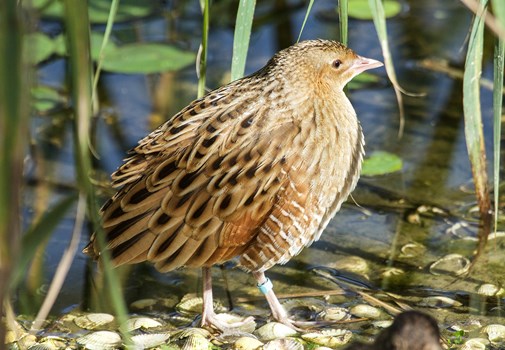
Skye’s the limit for corncrakes thanks to crofting boost
The Skye Crofting and Corncrake Partnership - supported by SAC Consulting (part of SRUC) - is showing signs of success, with the number of calling corncrake males on Skye in 2024 up on the previous year.…
- SAC Consulting
- 01/05/2025
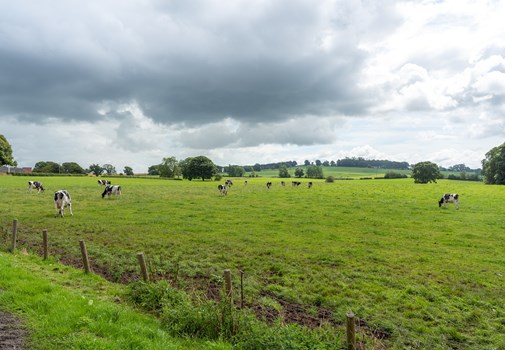
SRUC creates golden dairy farm opportunity
Acrehead farm. A rare opportunity to take over the running of a long-established dairy farm has been created by SRUC. Applications are now open for the position, which will come with minimal upfront…
- SRUC
- 01/05/2025
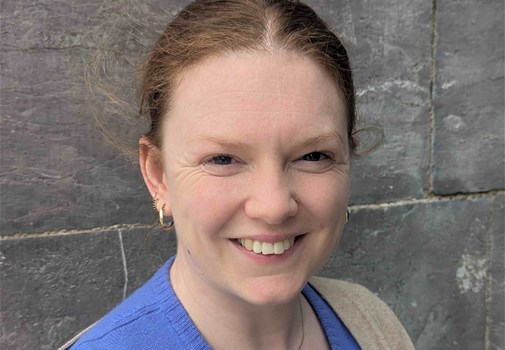
SRUC’s Dr Rosie Everett to tackle climate resilience and water scarcity with a British Academy Fellowship
An SRUC scientist has been awarded over £100,000 from the British Academy for a 12-month Fellowship to address climate resistance and water scarcity in southern Africa.…
- SRUC
- 27/03/2025

SRUC Provost named among top minds as 2025 RSE Fellows are announced
The Provost and Deputy Principal of SRUC has joined the ranks of leading global experts with links to Scotland by securing a coveted position as a Royal Society of Edinburgh (RSE) Fellow.…
- SRUC
- 24/03/2025
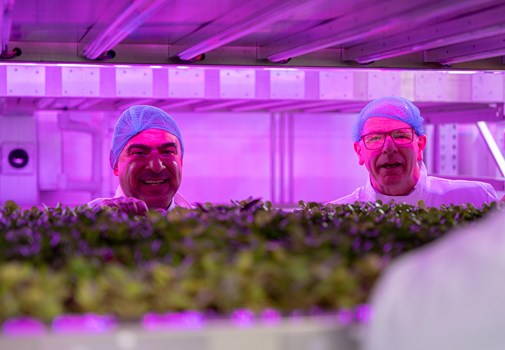
New vertical farm a first for Scottish education
SRUC has stepped up its commitment to global and local food production and security by becoming the first higher education institution in Scotland to open a commercial-sized vertical farm.…
- SRUC
- 16/01/2025
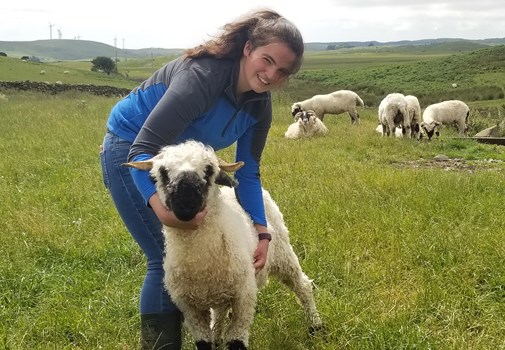
SRUC seeks agri-businesses to take on students for placement projects
SRUC is looking for farms and agri-businesses across the country to take part in an new student placement programme beginning in September 2025.…
- SRUC
- 09/01/2025
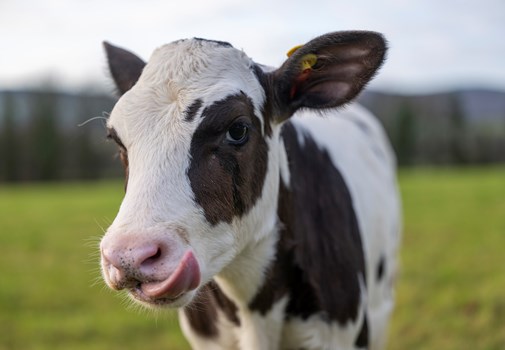
‘Cool Calf’ could help accelerate dairy journey to net zero
Hilda, the first Langhill Herd calf to be born through IVF, is part of the Cool Cows project, which aims to establish a nucleus of highly methane-efficient animals.…
- SRUC
- 03/01/2025
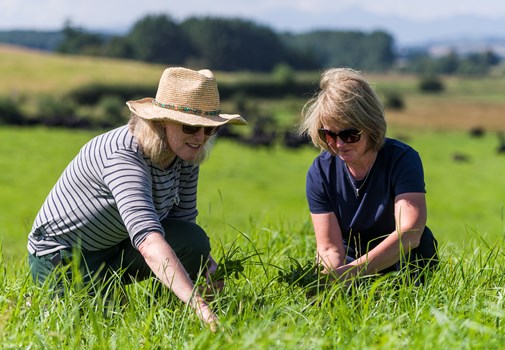
Survey participation the key to the future of farming
Scotland’s farmers are being asked to participate in the vital round of annual data gathering that will help inform the direction of policy decision-making in the nation’s agricultural sector. Every year the Scottish Farm Business Survey (SFBS) gathers key economic and environmental data to provide in-depth focus and analysis. The information is used to help Scottish Government shape its future agricultural policy.…
- SAC Consulting
- 06/12/2024
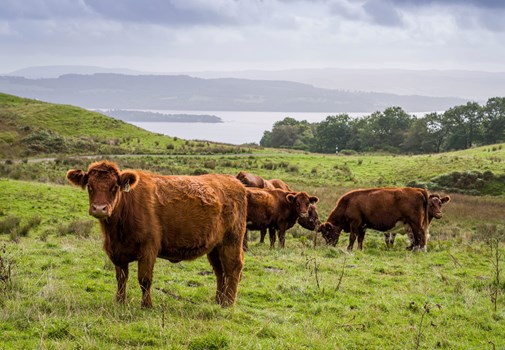
Succession and the Budget 2024: How do we talk about death and money?
The recent UK budget and its changes to Agricultural Property Relief (APR) and Business Property Relief (BPR) has generated a significant reaction across industry. The long-held ability of family farming businesses to pass land and assets on to the next generation upon the death of the owner free of inheritance tax is gone. We now must pay much closer attention to how we do this as individual farming businesses. …
- Sascha Grierson
- 13/11/2024
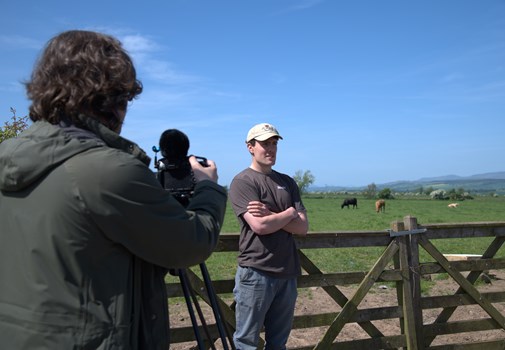
SAC Consulting to continue delivering Farm Advisory Service
SAC Consulting has announced the continuation of its partnership with the Scottish Government to deliver the Farm Advisory Service (FAS) One to Many programme. …
- SAC Consulting
- 02/10/2024

Scotland explores Ireland's booming €1bn coworking scene
A research project investigating the impact of remote working hubs has identified a potential blueprint for Scotland’s rural communities.…
- SAC Consulting
- 26/09/2024
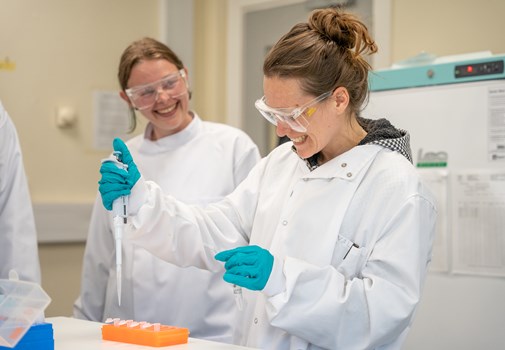
SRUC continues to climb rankings
SRUC is continuing its rise up the Guardian University rankings, and is now placed fifth in the UK for studying animal science and agriculture.…
- SRUC
- 16/09/2024
